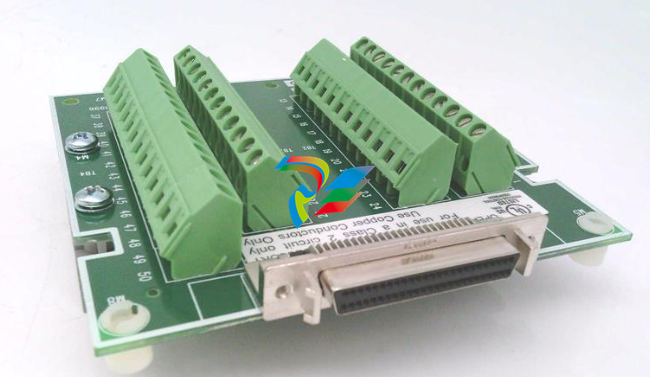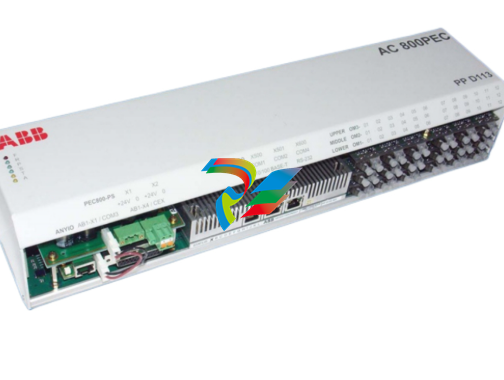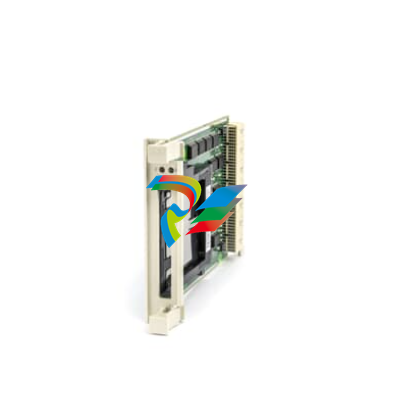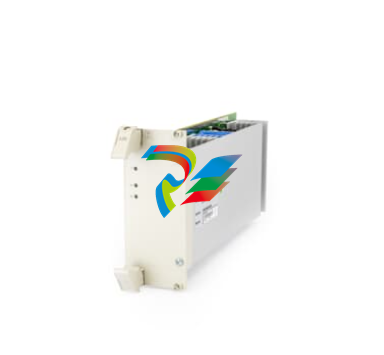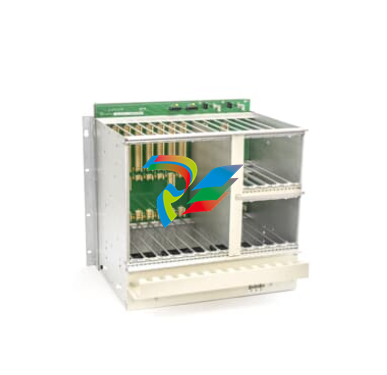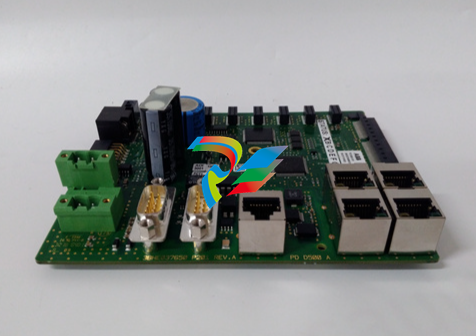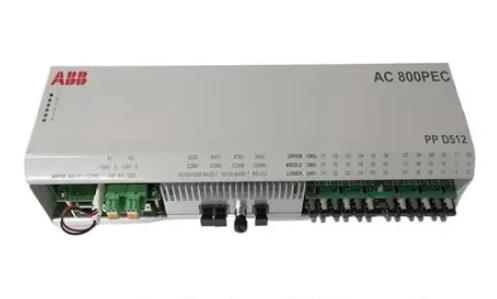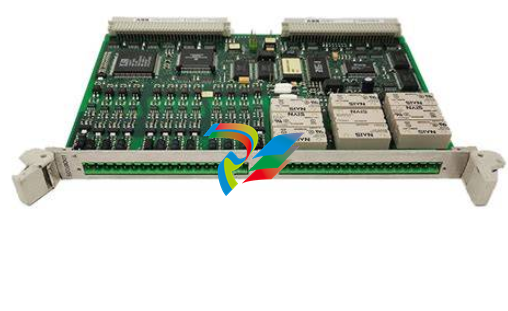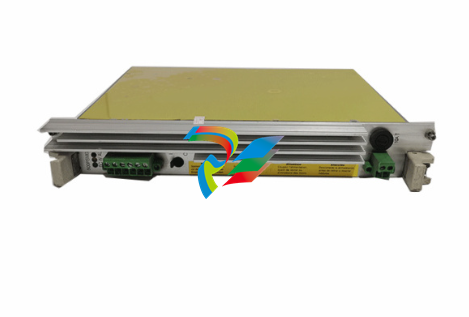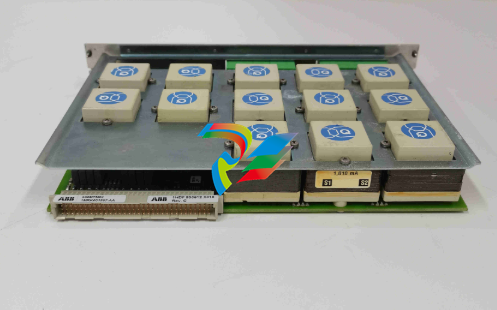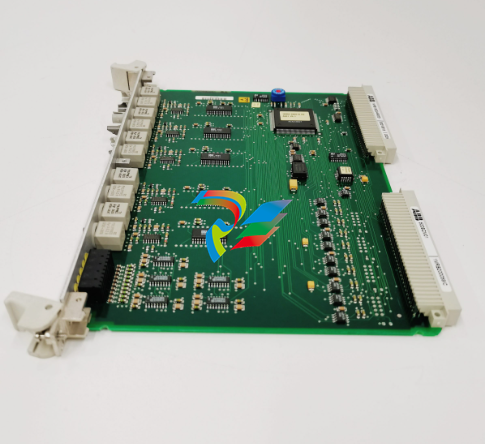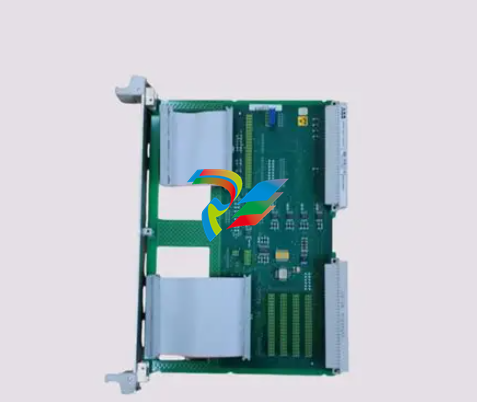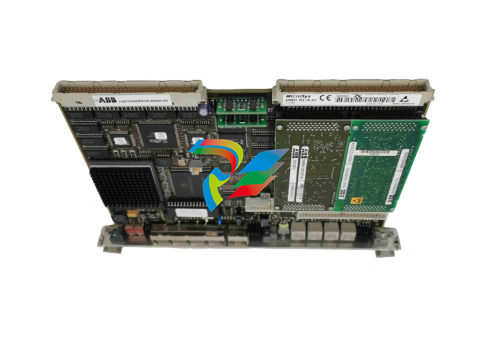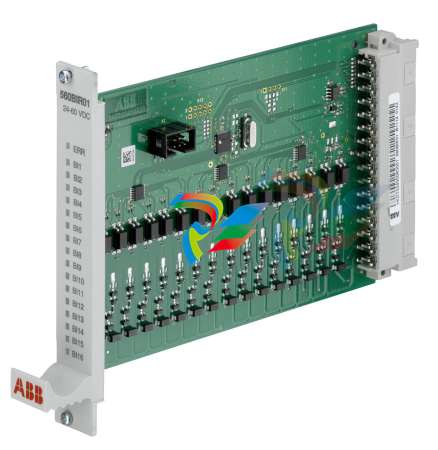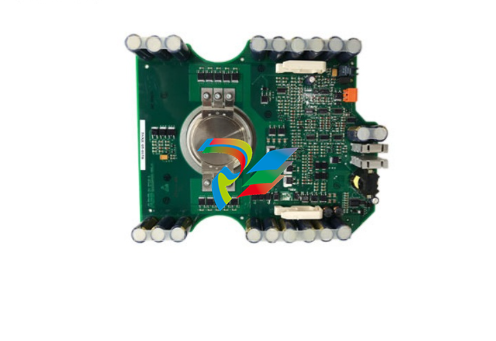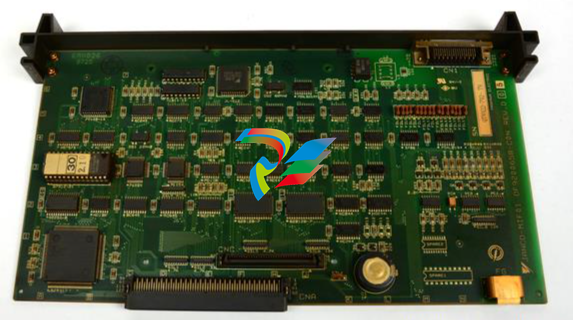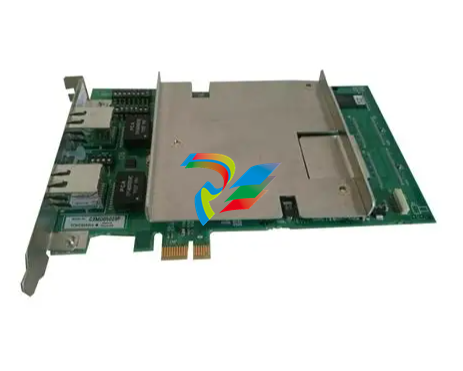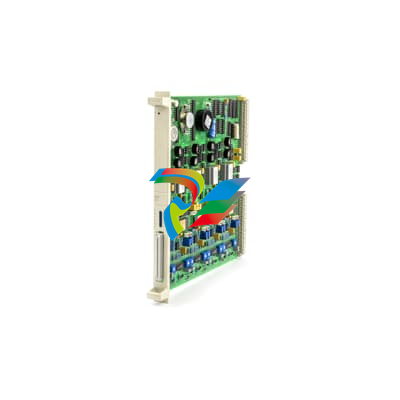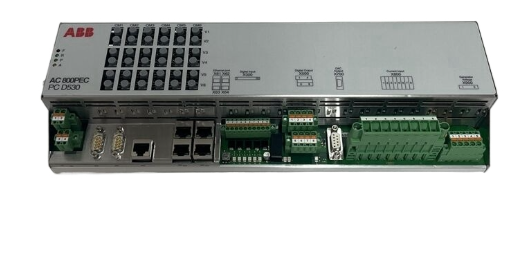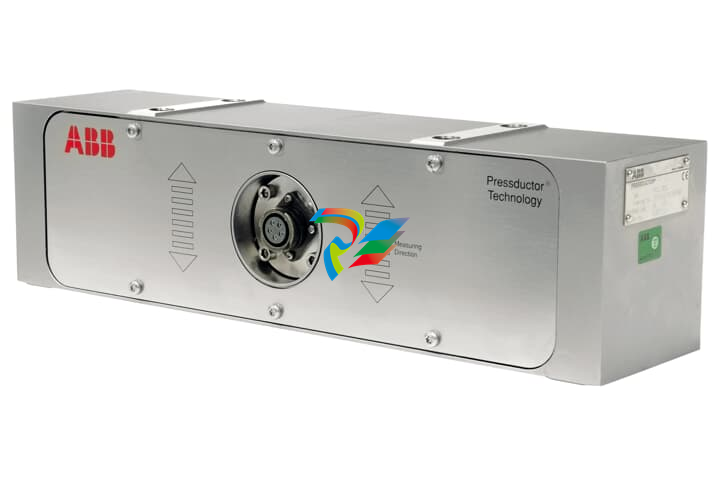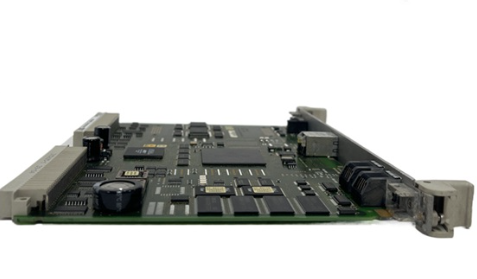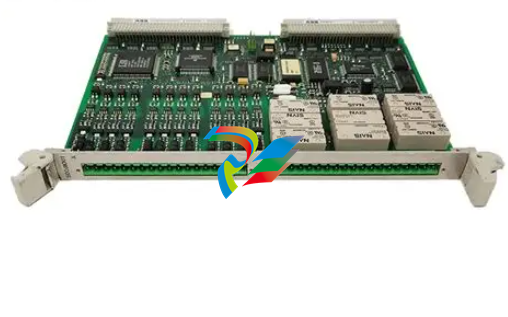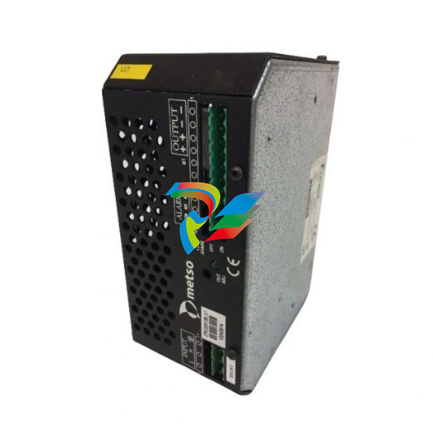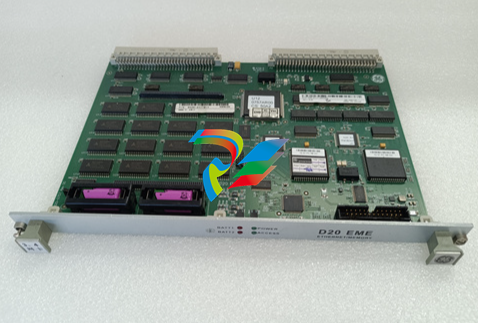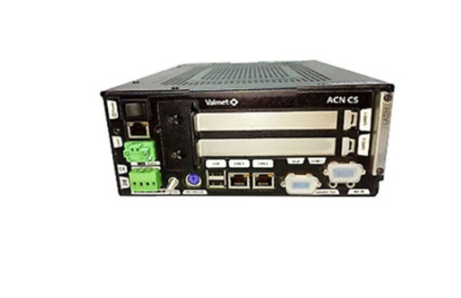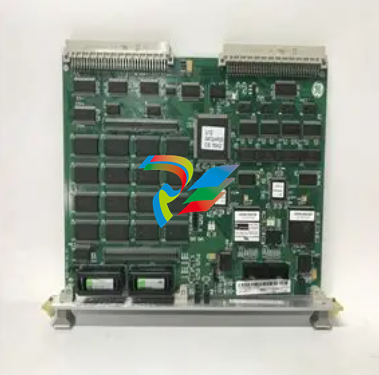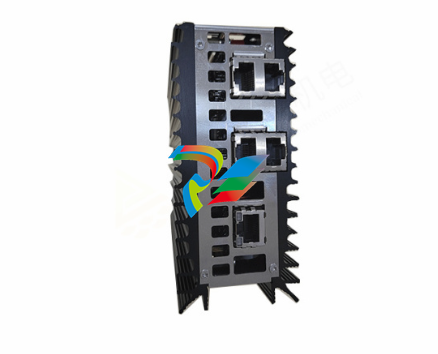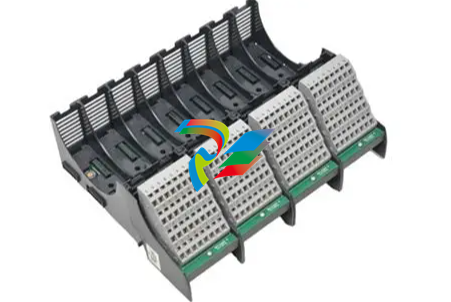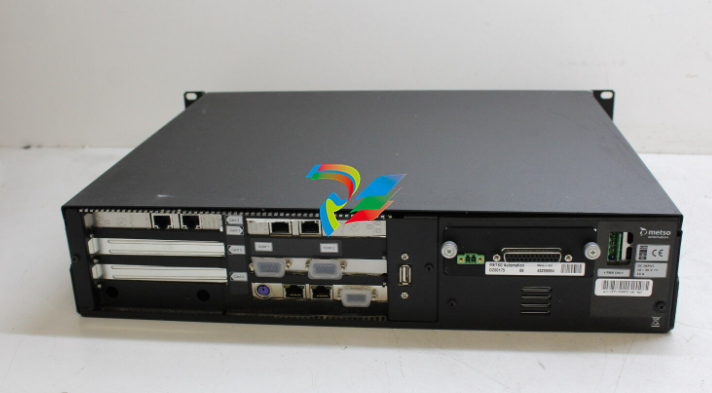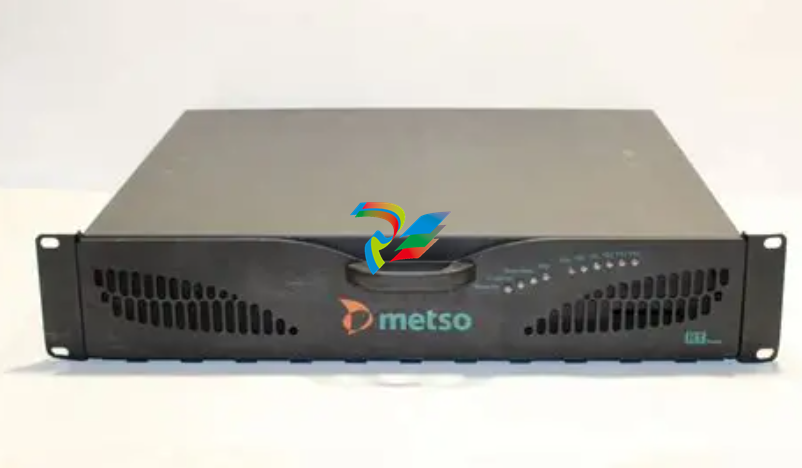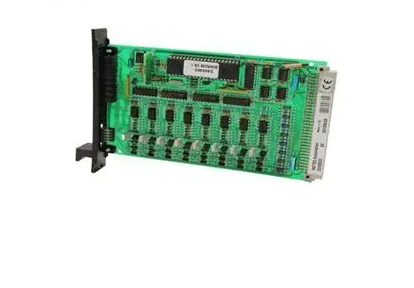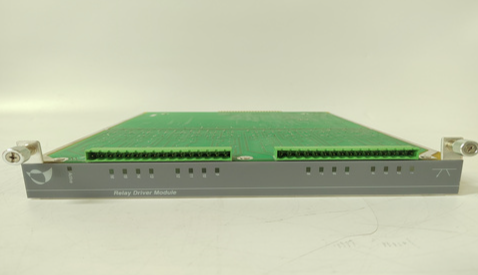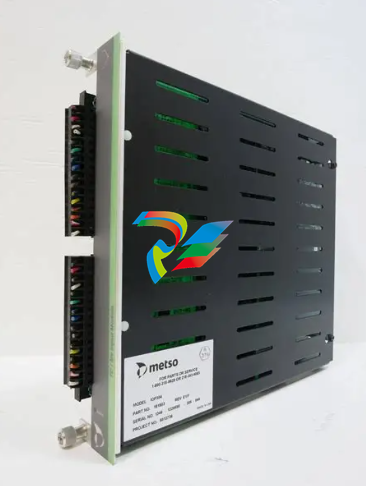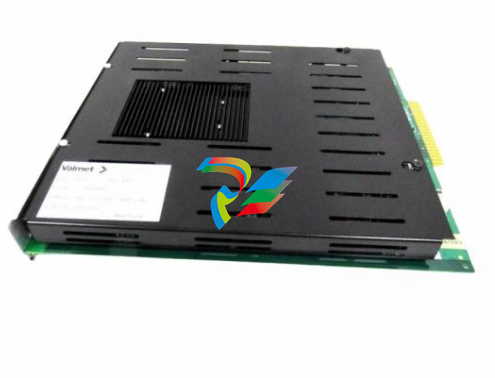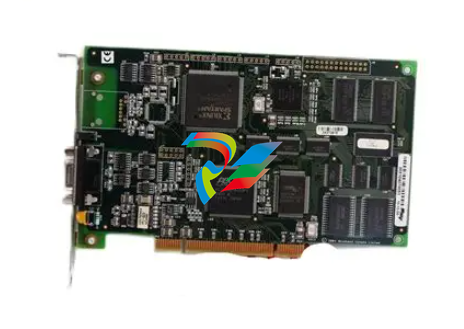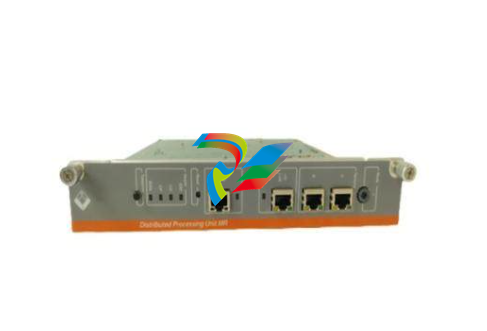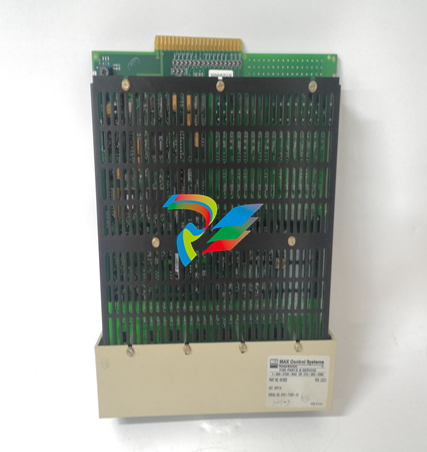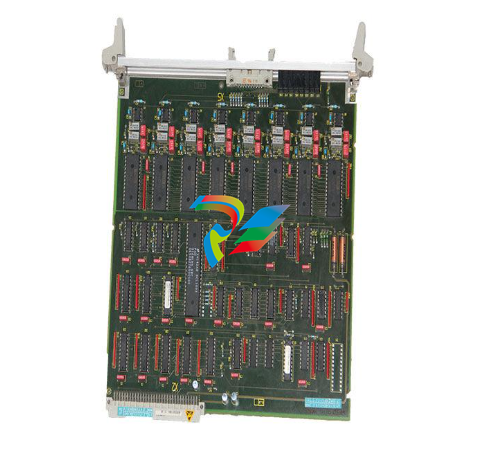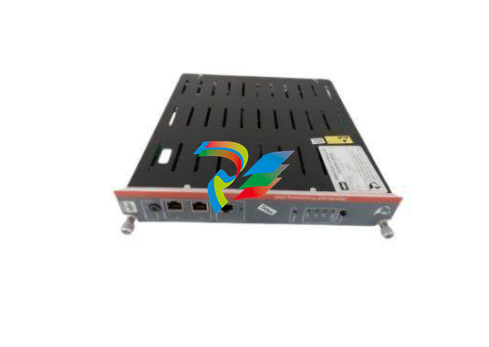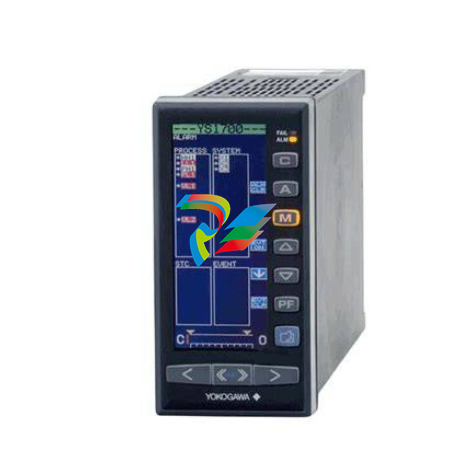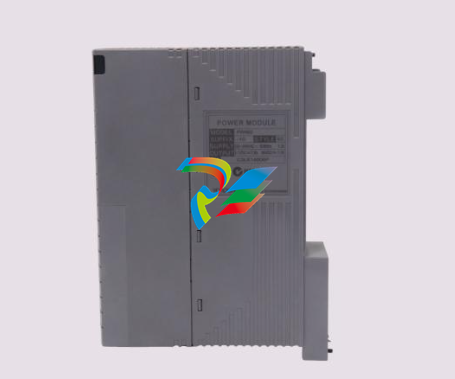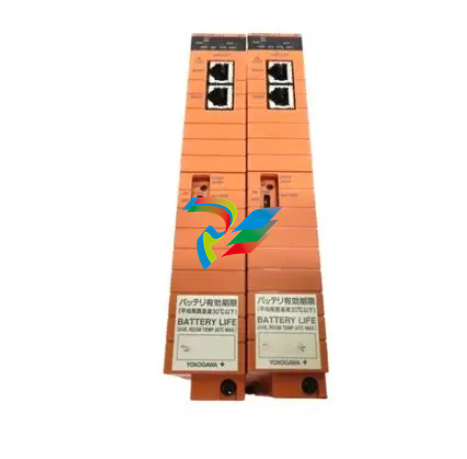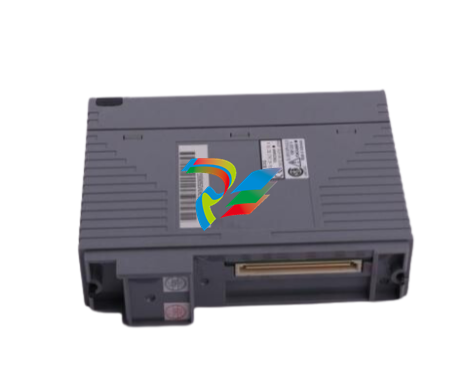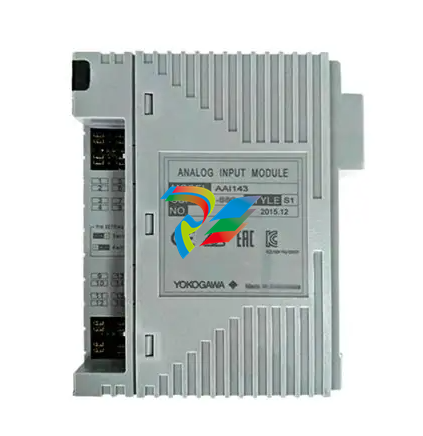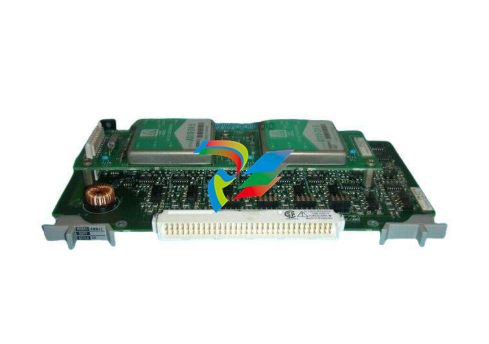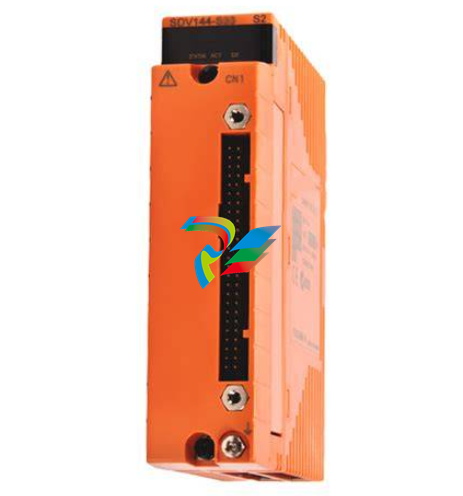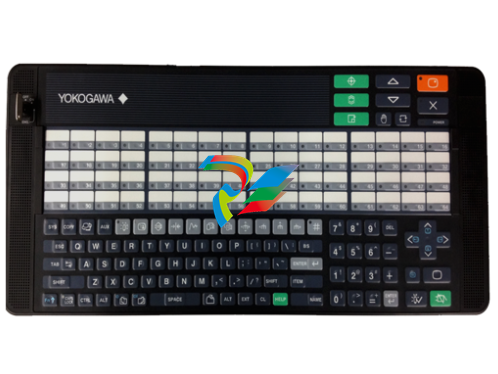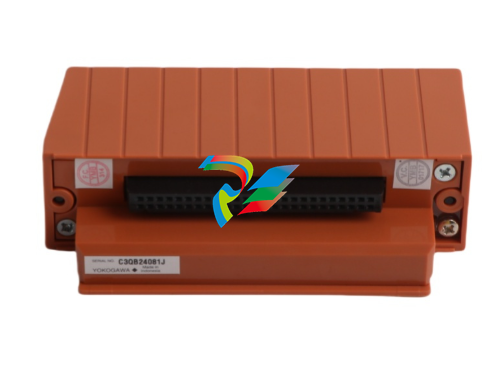
schneiderFoxboro Evo™ Process Automation System Product Specifications
provides a connector for any Fieldbus port on the
FCP280 baseplate, and two Termination Cable
Assembly (TCA) termination blocks for the twinaxial
cabling from the 100 Series FBMs.
The FCP280 can also communicate with serial and
Ethernet devices, such as PLCs, via Field Device
System Integrators. This allows you to connect to
new device interfaces without any changes to the
controller software.
To estimate the FCP280’s processor load, refer to
Field Control Processor 280 (FCP280) Sizing
Guidelines and Excel Workbook (B0700FY)
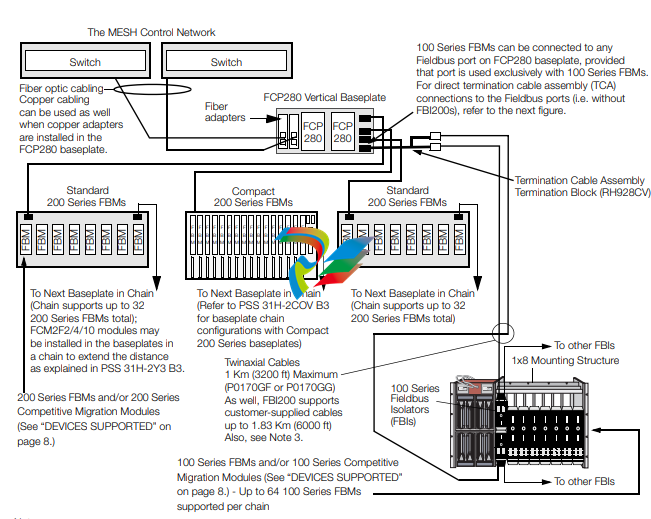
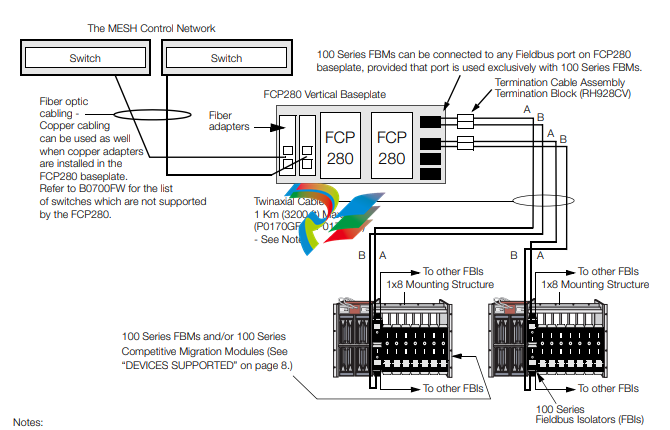
FIBER AND COPPER NETWORK ADAPTERS
FCP280 modules connect to a pair of fiber or copper
adapters (see Figure 4) which each connect to one
Ethernet switch in The Mesh control network. The
FCP280 baseplate passes inbound traffic from either
of the two switches to both FCP280s, and pass
outbound traffic from the primary FCP280 module to
either switch.
Figure 4. Fiber Optic and Copper Network Adapters
The fiber or copper adapters mount on the FCP280
baseplate as shown in Figure 1 on page 2. They
receive their power from the baseplate.
REMOTE MOUNTING
The FCP280 simplifies the Foxboro Evo Process
Automation System architecture, maintaining control
while only requiring housing (via field enclosures),
host workstations with Foxboro Evo Control Core
Services v9.0 or later, and Ethernet switches for
communication via The Mesh control network
architecture, described in PSS 21H-7C2 B3.
The field-mounted FCP280 is an integral part of the
highly-distributed control network where controllers
are closely aligned to specific process units mounted
in close proximity to their I/O and the actual
equipment being controlled. Coordination between
process units takes place via a fiber optic 100 Mbps
Ethernet network.
The FCP280 and its network adapters are packaged
in a rugged, die cast aluminum housing that does not
require venting due to its efficient design. The
FCP280 and its network adapters are CE certified,
and it can be mounted without expensive special
cabinets to prevent electronic emissions. The
FCP280, network adapters, and baseplate can be
mounted in Class G3 harsh environments.
ENHANCED RELIABILITY (FAULTTOLERANCE)
The unique and patented fault-tolerant operation of
the FCP280 improves reliability relative to legacy
process controllers. The fault-tolerant version of the
FCP280 consists of two modules operating in
parallel, with two Ethernet connections to The Mesh
control network. The two FCP280 modules, married
together as a fault-tolerant pair, provide continuous
operation of the controller in the event of virtually any
hardware failure occurring within one module of the
pair.
Both modules receive and process information
simultaneously, and faults are detected by the
modules themselves. One of the significant methods
of fault detection is comparison of communication
messages at the module external interfaces.
Messages only leave the FCP280 when both
FCP280s agree on the message being sent (bit for
bit match). Upon detection of a fault, self-diagnostics
are run by both modules to determine which module
is defective. The non-defective module then assumes
control without affecting normal system operations.
This fault-tolerant solution has the following major
advantages over controllers that are merely
redundant:
No bad messages are sent to the field or to
applications using controller data because no
message is allowed out of the controller unless
both modules match bit for bit on the message
being sent.
The secondary controller is synchronized with the
primary one, which ensures up to the moment
data in the event of a primary controller failure.
The secondary controller will have latent flaws
detected prior to any switchover because it is
performing exactly the same operations as the
primary controller.
UPGRADE OPTIONS
Multiple options are available for replacing existing
control processors with the FCP280. A fault-tolerant
FCP280 may replace a fault-tolerant FCP270 or
ZCP270. It may import the CP database from the
CP270 it is replacing, for compatibility and minimal
configuration time.
As well the FCP280 provides an increase in
performance and block processing capacity over the
CP270s. When replacing FCP270s, the FCP280
eliminates the need for FEM100 hardware.
For ease of replacement, the fault-tolerant or nonfault-tolerant FCP280 in its baseplate has the same
dimensions as the fault-tolerant or non-fault-tolerant
FCP270 in its baseplate.
Cabling the 100 Series FBMs or Migration products
to an FCP280 baseplate consists of extending the
remote 268 Kbps fieldbus between enclosures. This
is accomplished using termination cable assemblies
(TCAs) and Fieldbus Isolators (FBIs) to provide
connections between primary and extended fieldbus
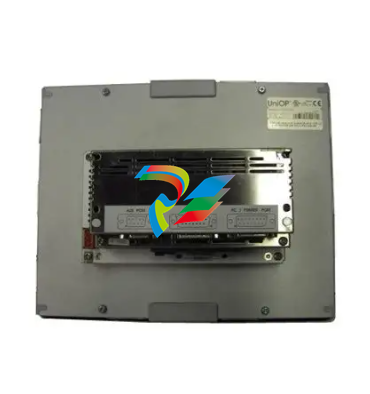
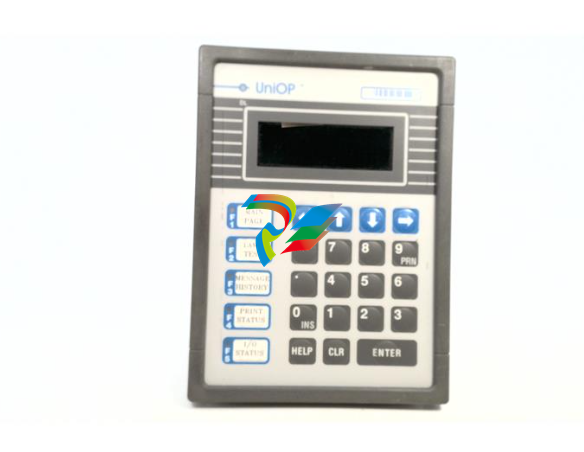
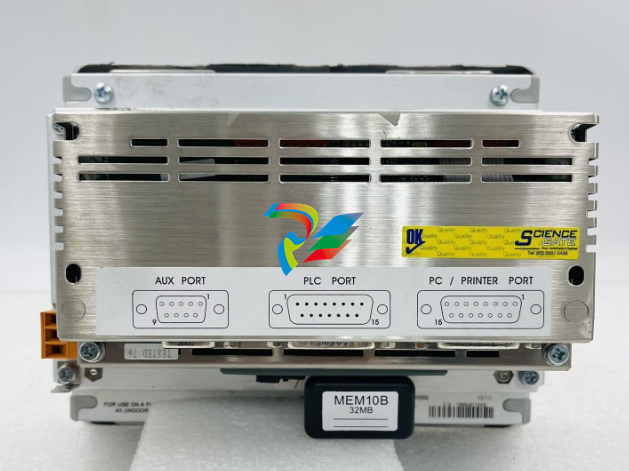
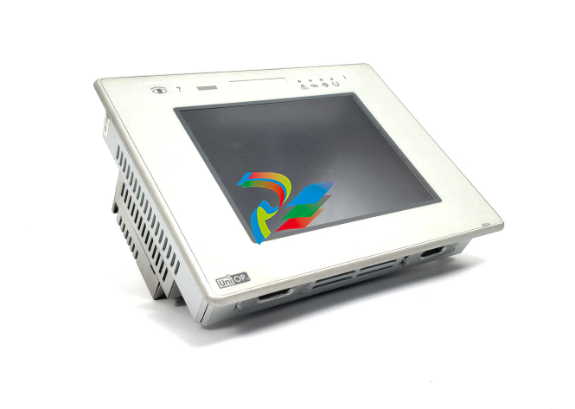
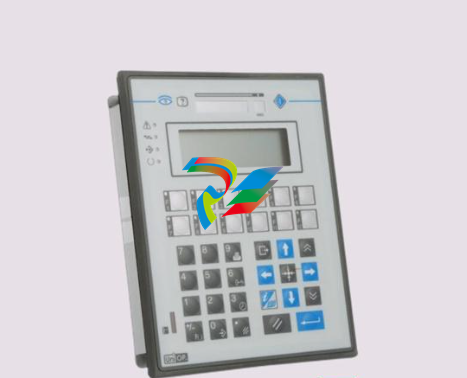
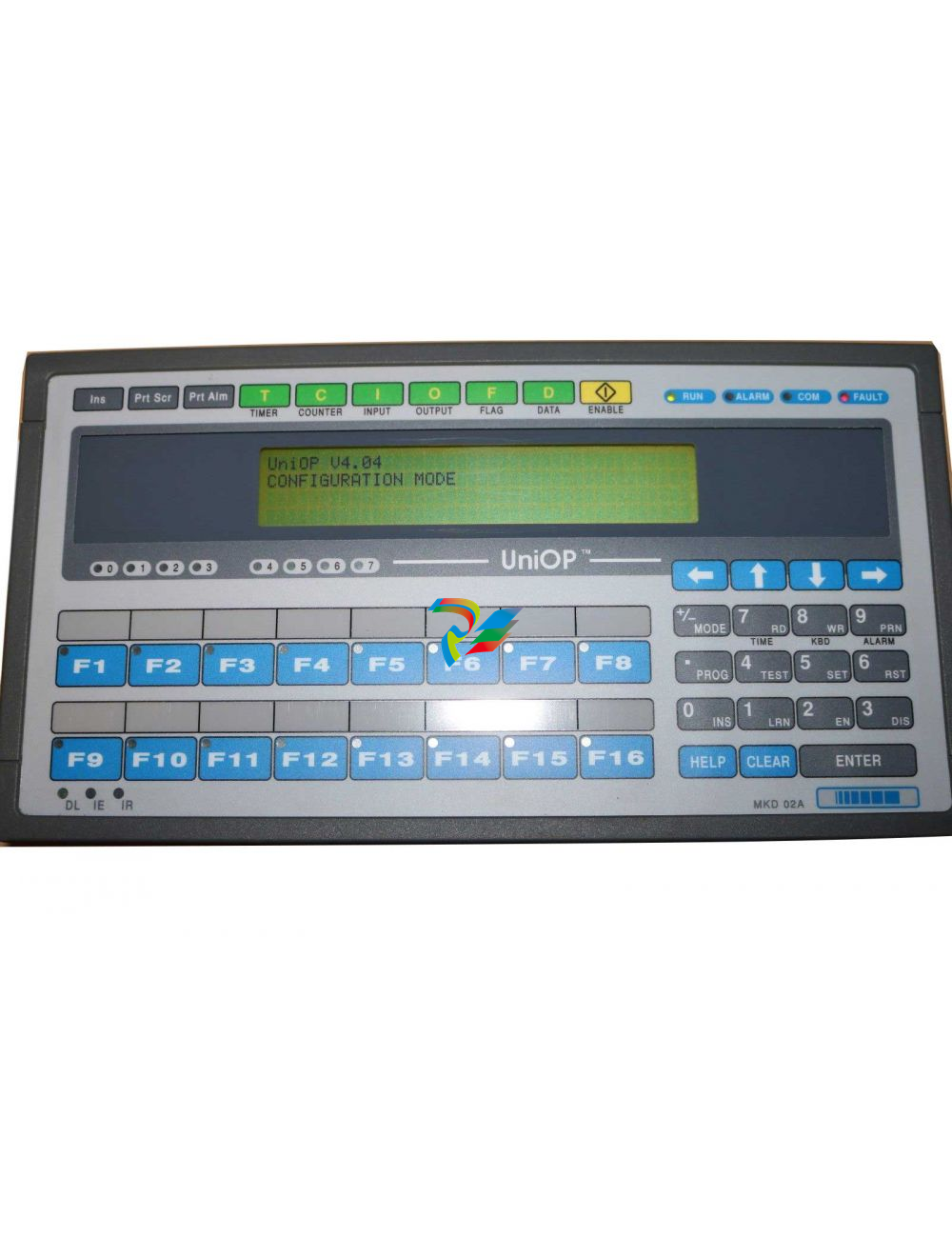
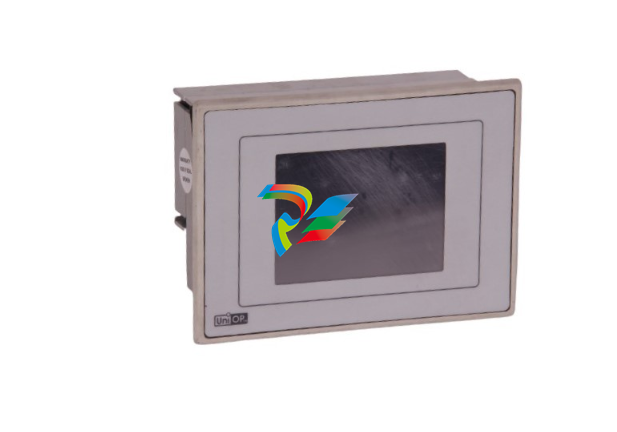
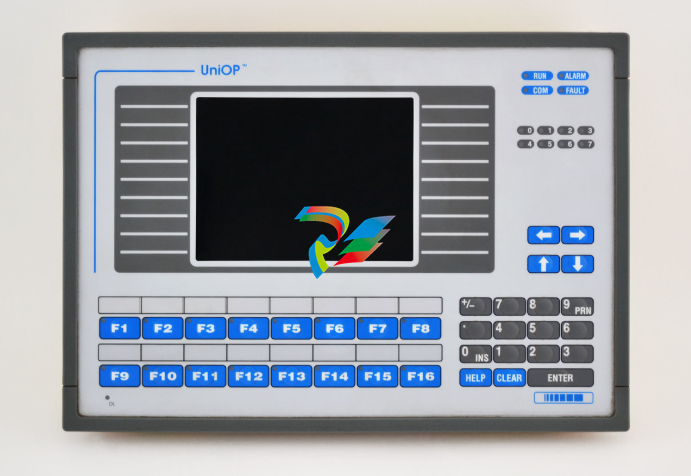
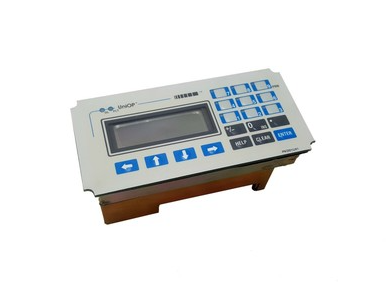
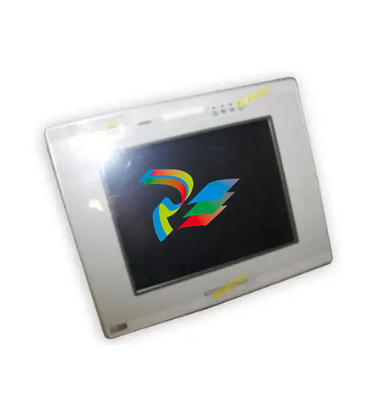
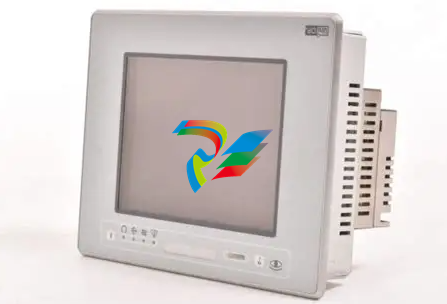
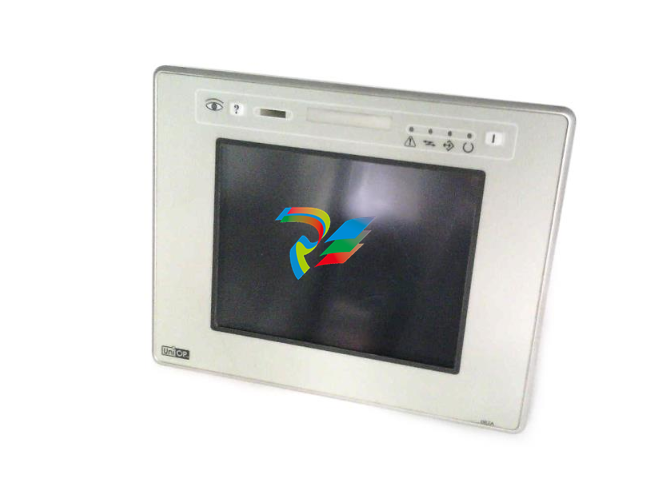
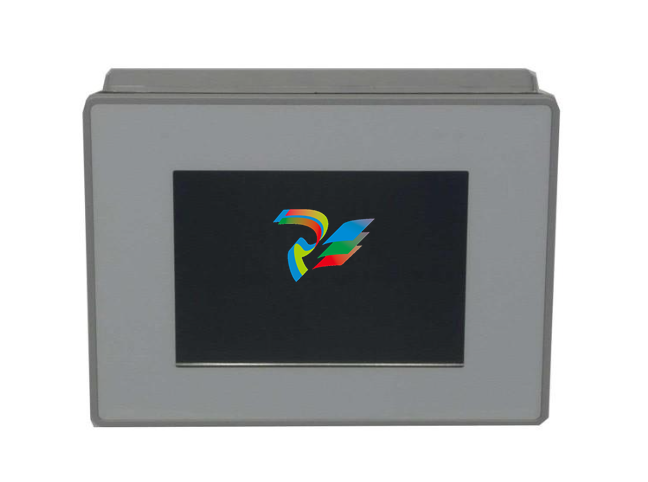
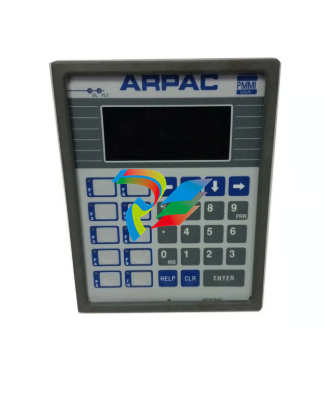
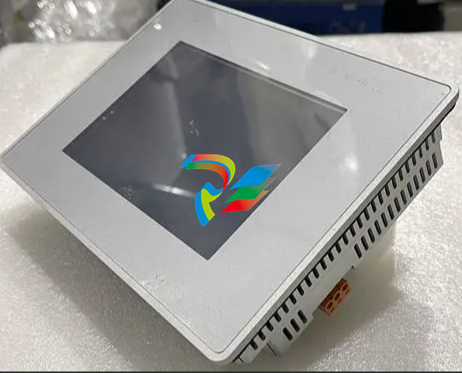
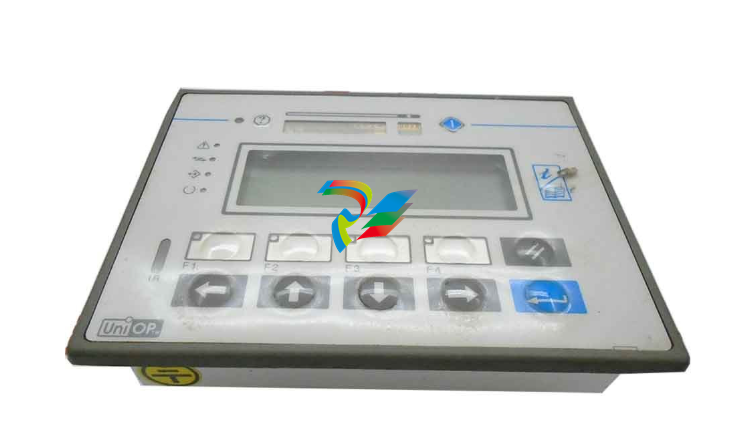
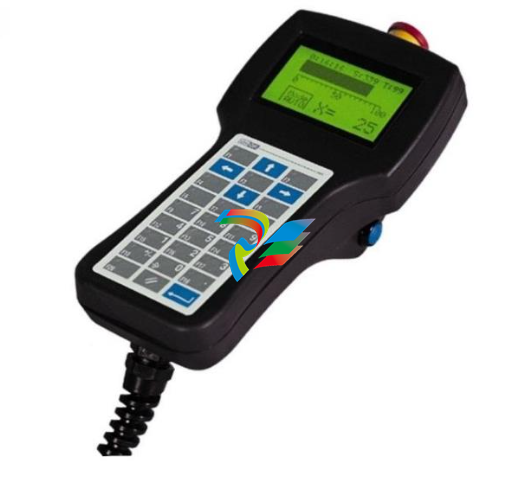
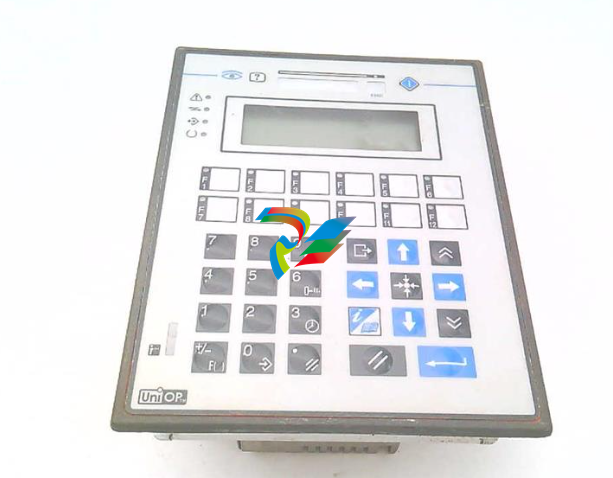
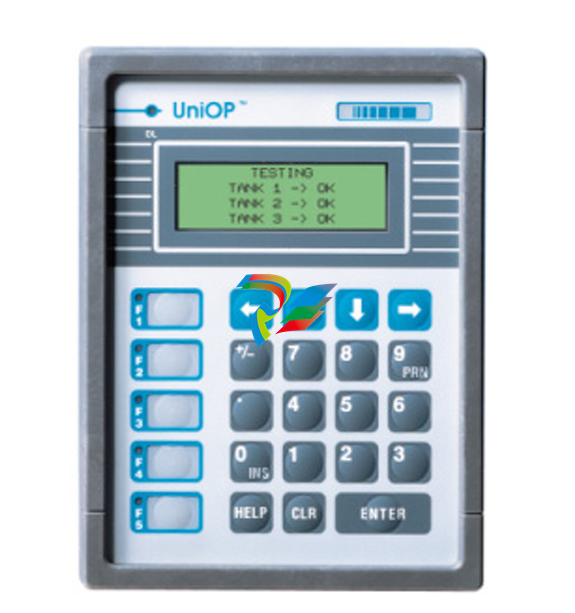
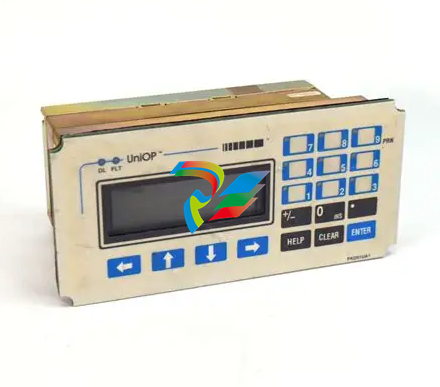
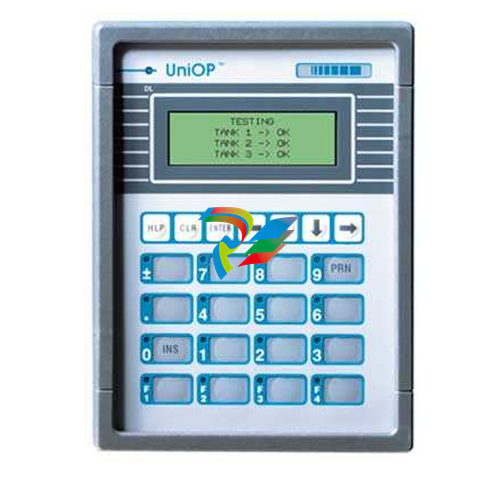
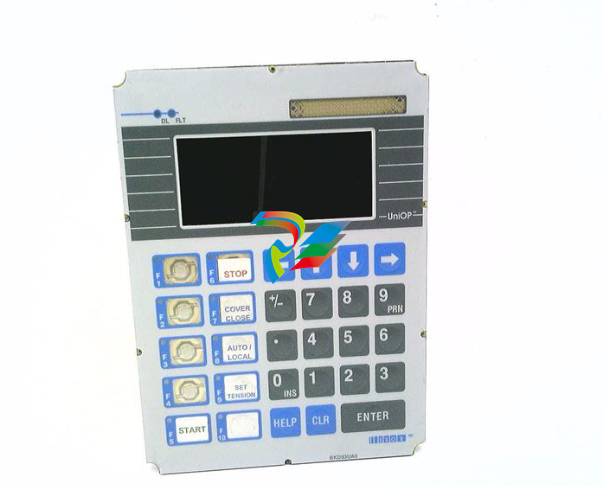
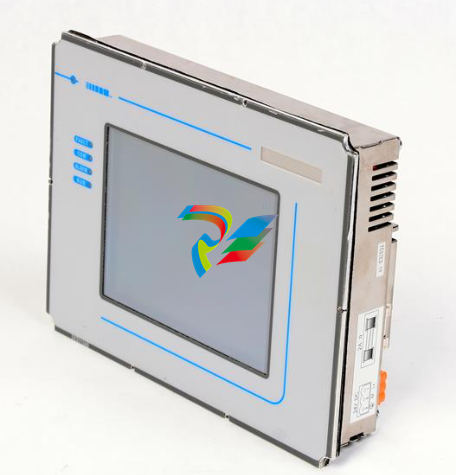
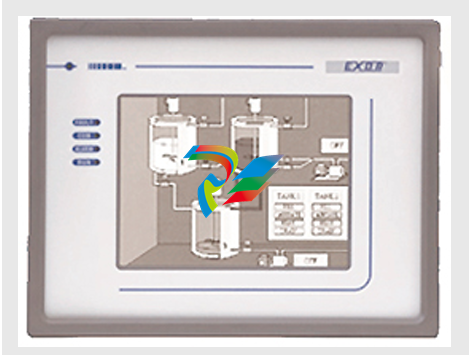
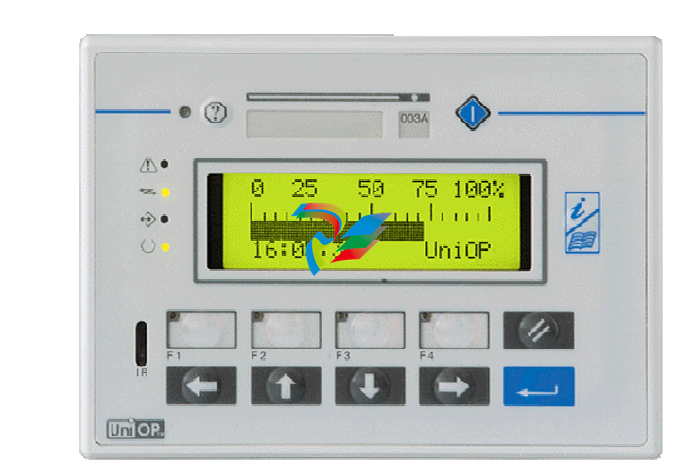
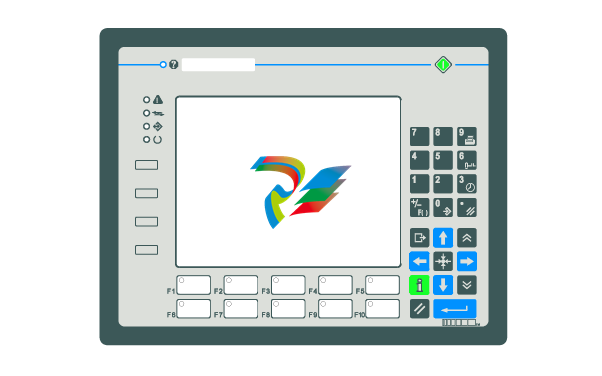
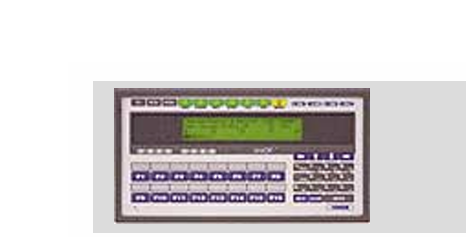
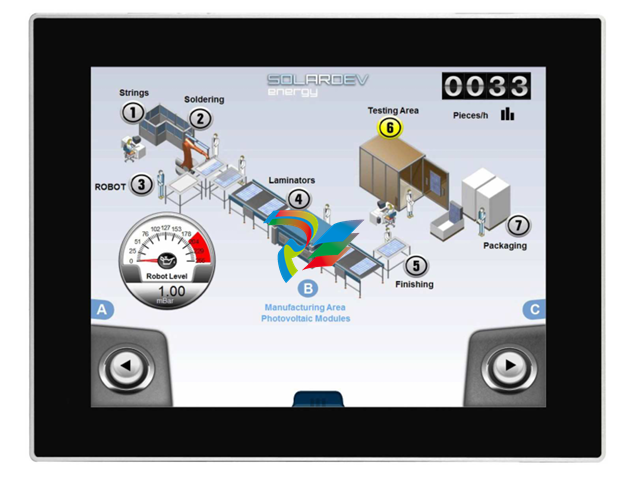
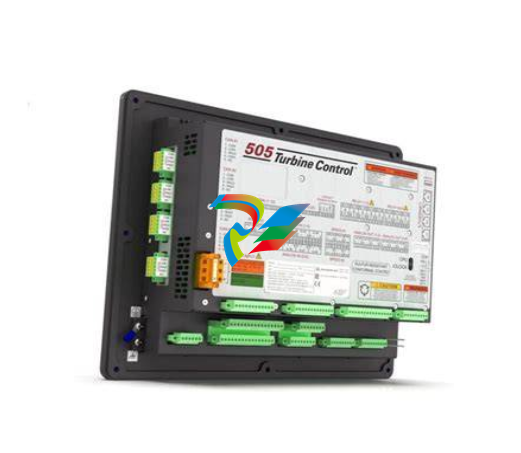
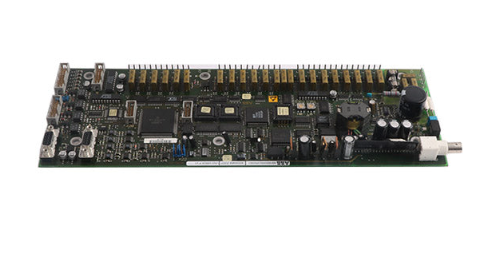
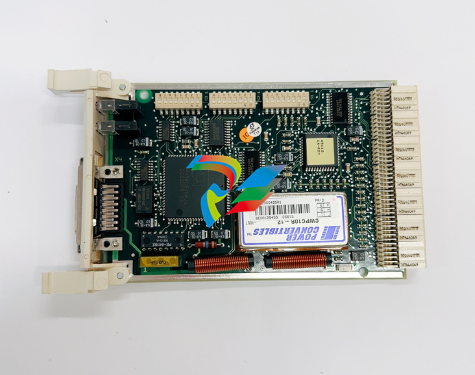
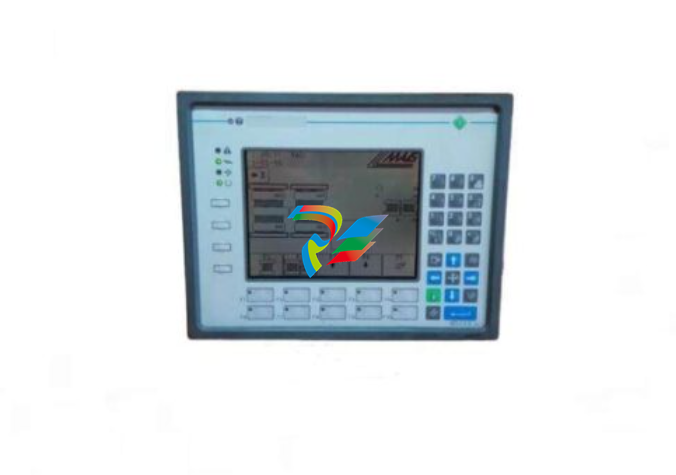
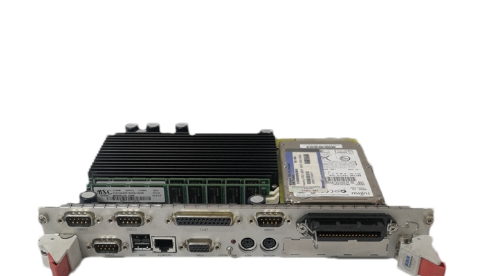
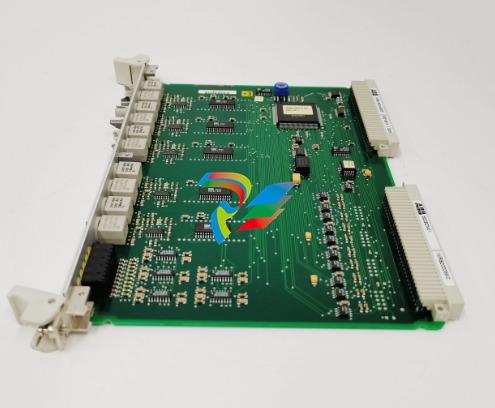
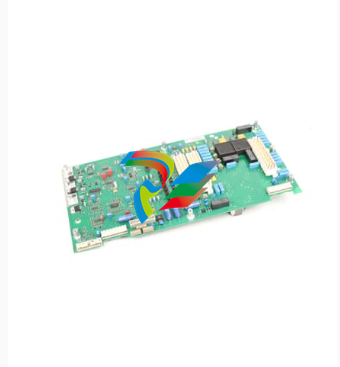
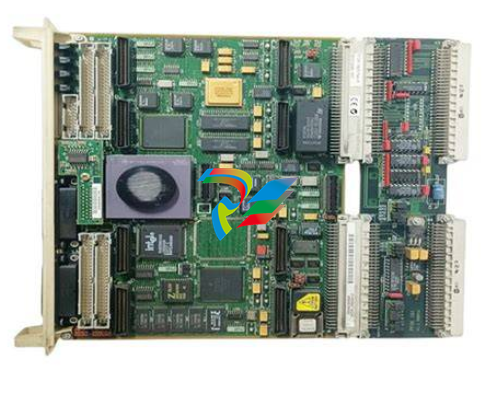
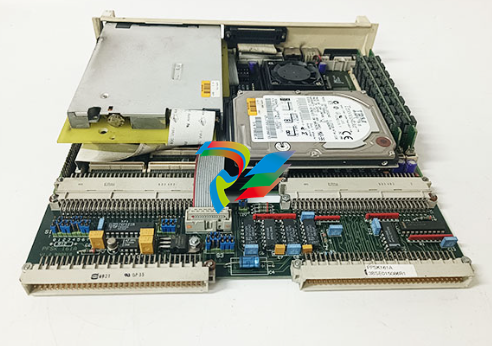
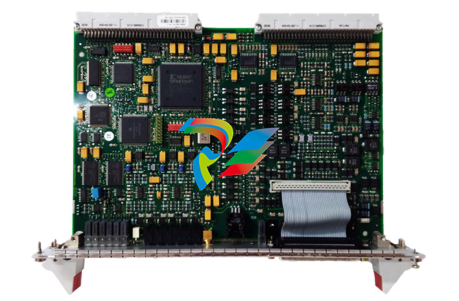



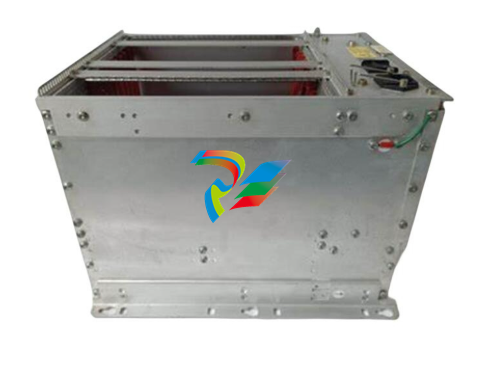
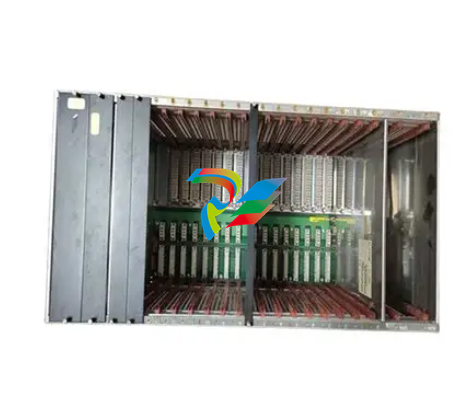
.png)
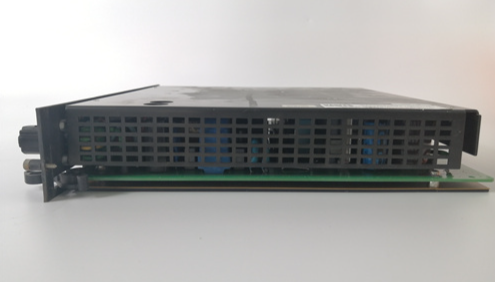
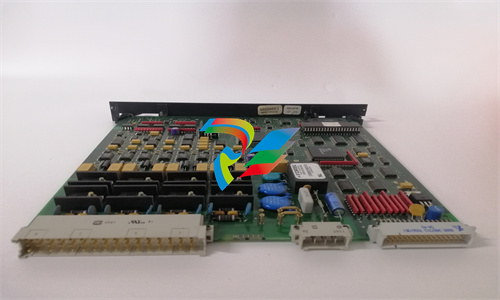
.png)
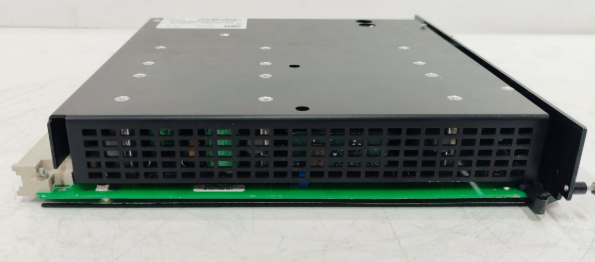
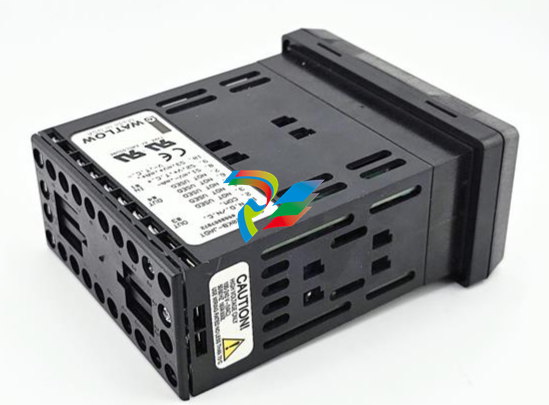

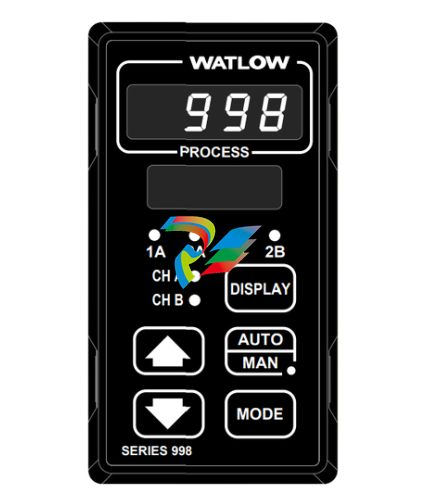
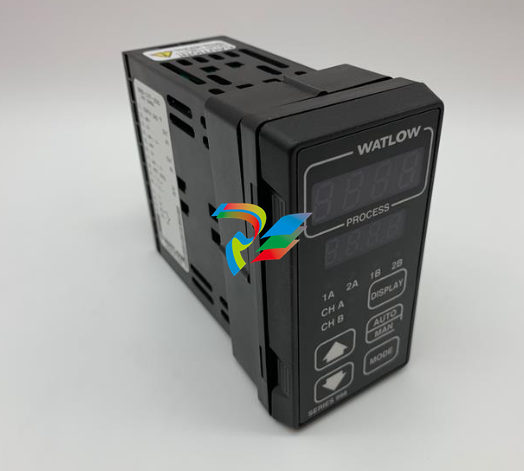
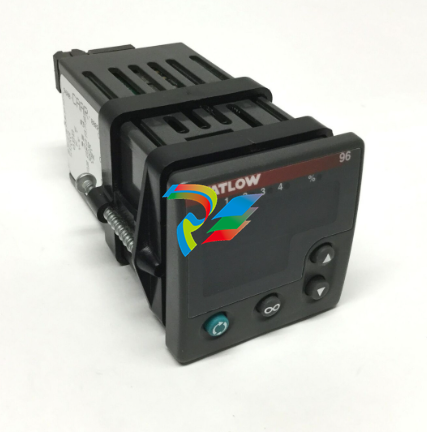
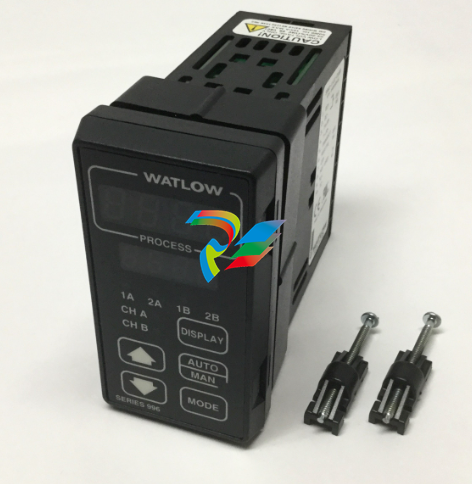
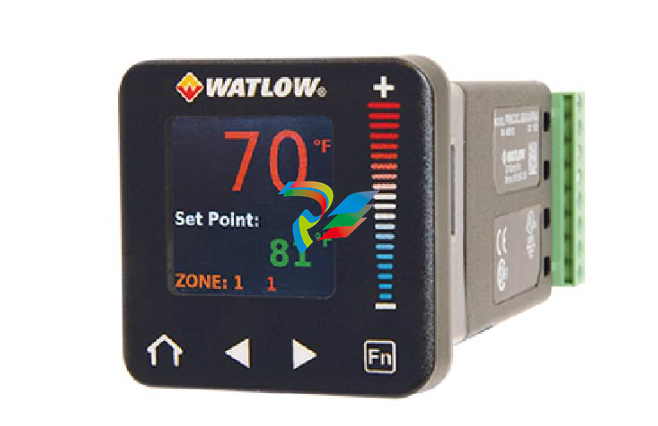
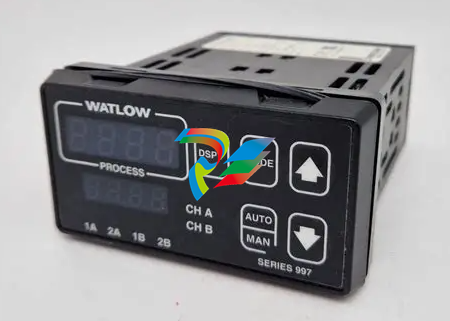
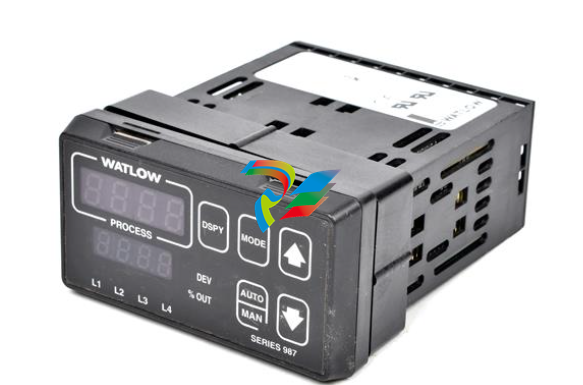
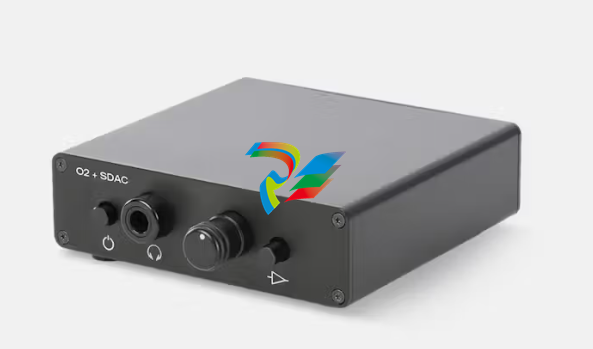
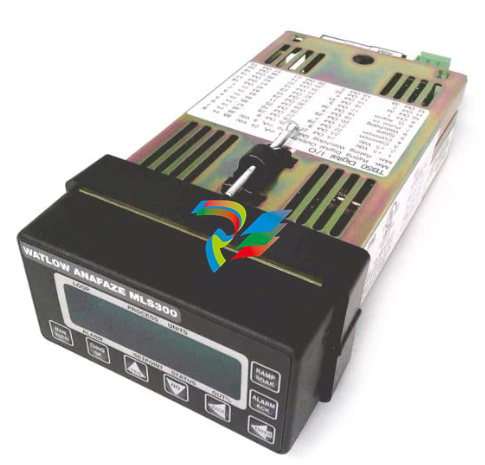
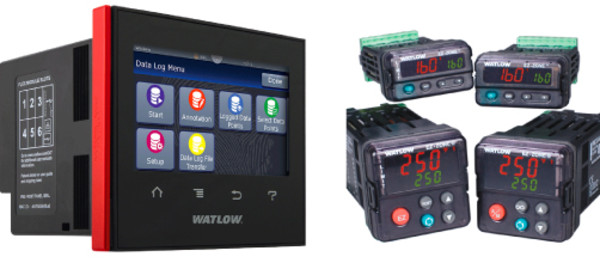
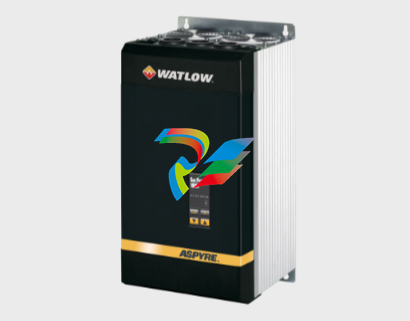
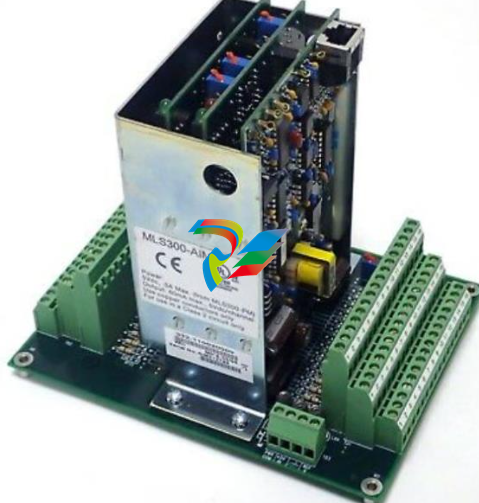
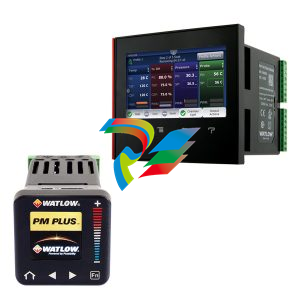
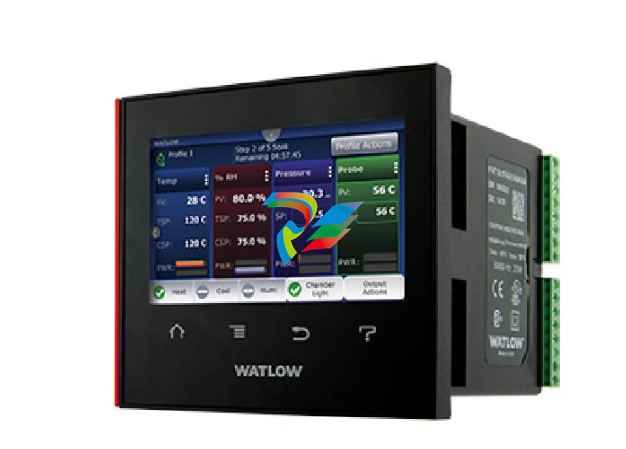
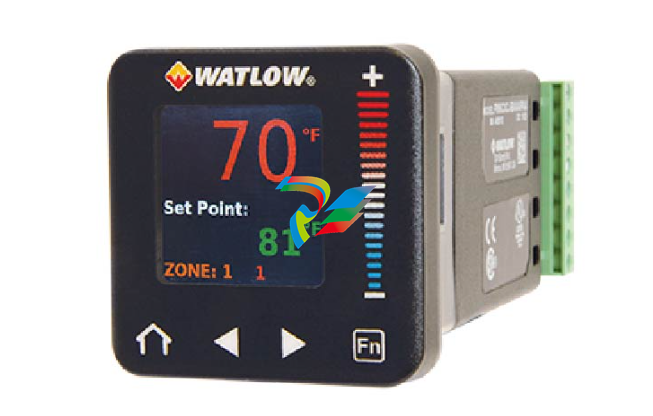
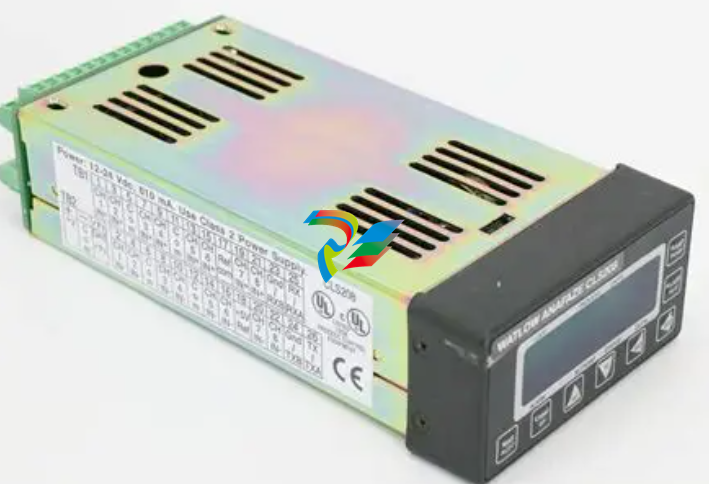
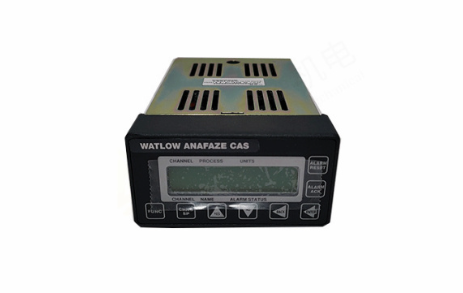
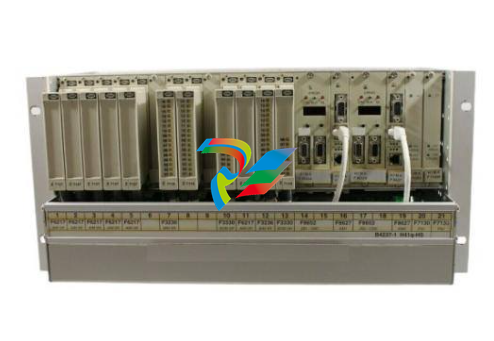
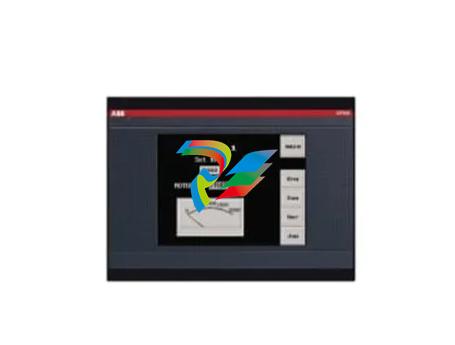
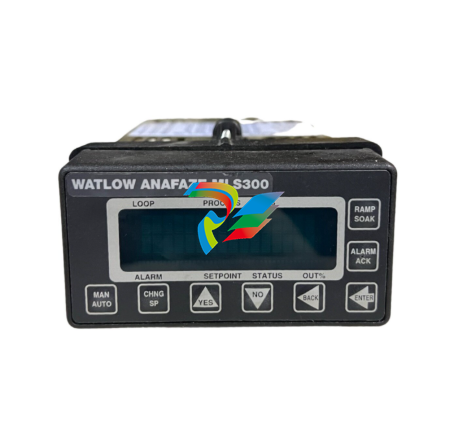
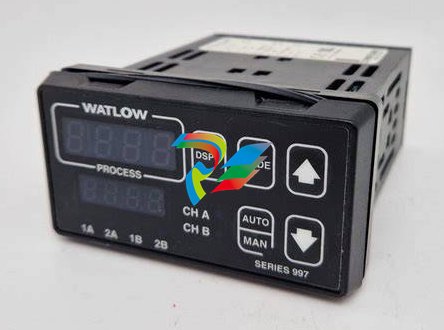
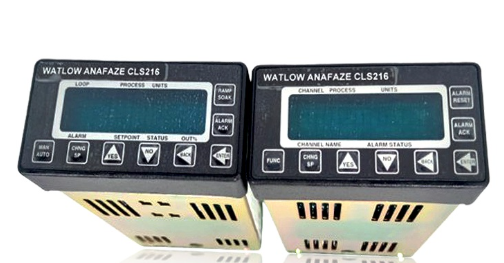
.png)
